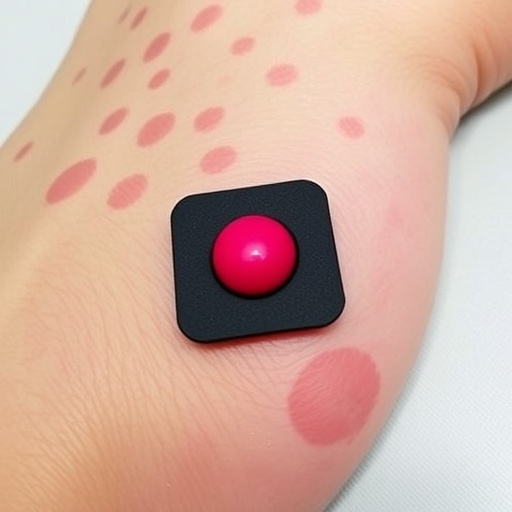The potential side-effects of health interventions were not fully reported in more than a third of published health study reviews, research at the University of York has shown.
Negative outcomes of a health intervention refers to either a drug reaction or an effect of a procedure, such as surgery. Harmful side-effects can be rare and long-term and therefore difficult to analyse as an outcome of a health intervention.
Researchers argue, however, that it is still essential that harmful side-effects are included in reviews of healthcare interventions to fully inform medical practice, health policies, and patients.
The new study looked at the reporting of adverse events in 187 systematic reviews published between 2017 and 2018. Systematic reviews in health research aim to summarise the results of controlled healthcare interventions and provide evidence of the effectiveness of a healthcare intervention.
Research showed that 35 per cent of reviewers did not fully report the side-effects of the medical intervention under review.
Dr Su Golder, from the University of York’s Department of Health Sciences, said: “Despite reviewers stating in their own protocols that adverse events should be included in the review, 65 per cent fully reported the event as intended by the protocol, eight per cent entirely excluded them, and the remaining 27 per cent either partially reported or changed the adverse event outcomes.”
“Just over 60 per cent, however, didn’t even include adverse events in their protocols, which suggests that a more proactive approach is needed to prompt reviewers to report on potential harmful side-effects in their reporting of healthcare interventions.”
Review authors write their own protocols to describe the steps they will follow when preparing their review of healthcare data. These protocols must meet a particular standard to be accepted for publication in a public database that allows researchers, patients, professionals, and policy specialists to access trusted evidence-based information.
The reasons why review authors might be missing or only partially reporting adverse events was not clear, but the researchers found that these reasons could be wide-ranging, from how the original studies had defined or recorded adverse events, to simply not having the available space to include details in a word-count sensitive review.
Dr Golder said: “To prevent bias in reporting of these important features of clinical trials, more work is needed to understand why so many reviewers are not fully including them and perhaps more strict guidance is needed on representing them in review protocols in the first instance.”
###
The research is published in the Journal of Clinical Epidemiology.
Media Contact
Samantha Martin
[email protected]
01-904-322-029
Related Journal Article
https:/
http://dx.




